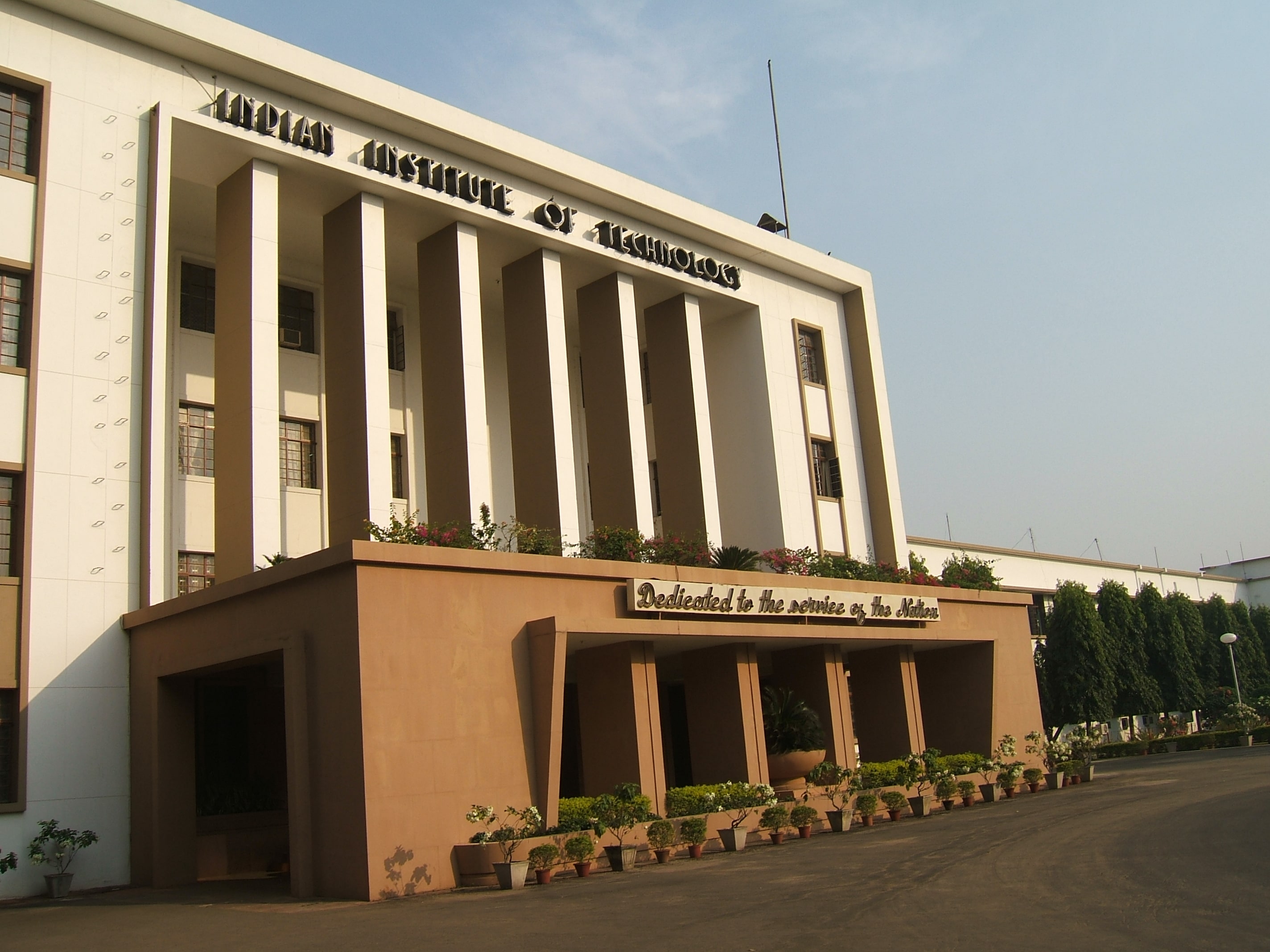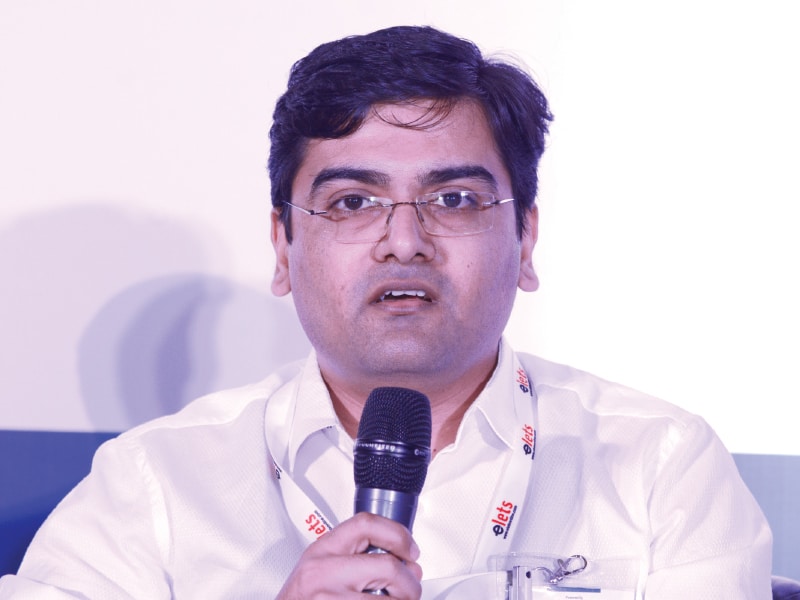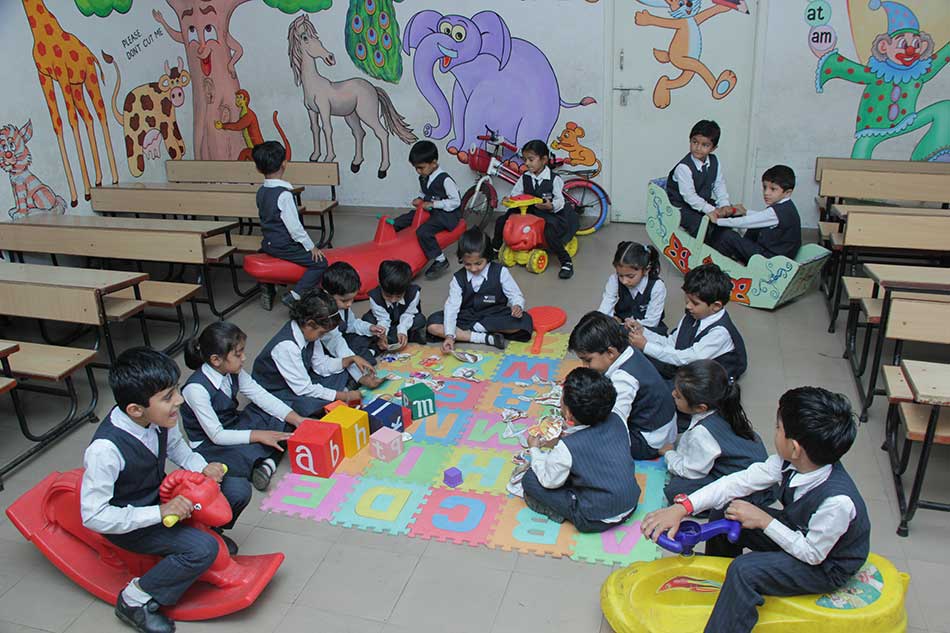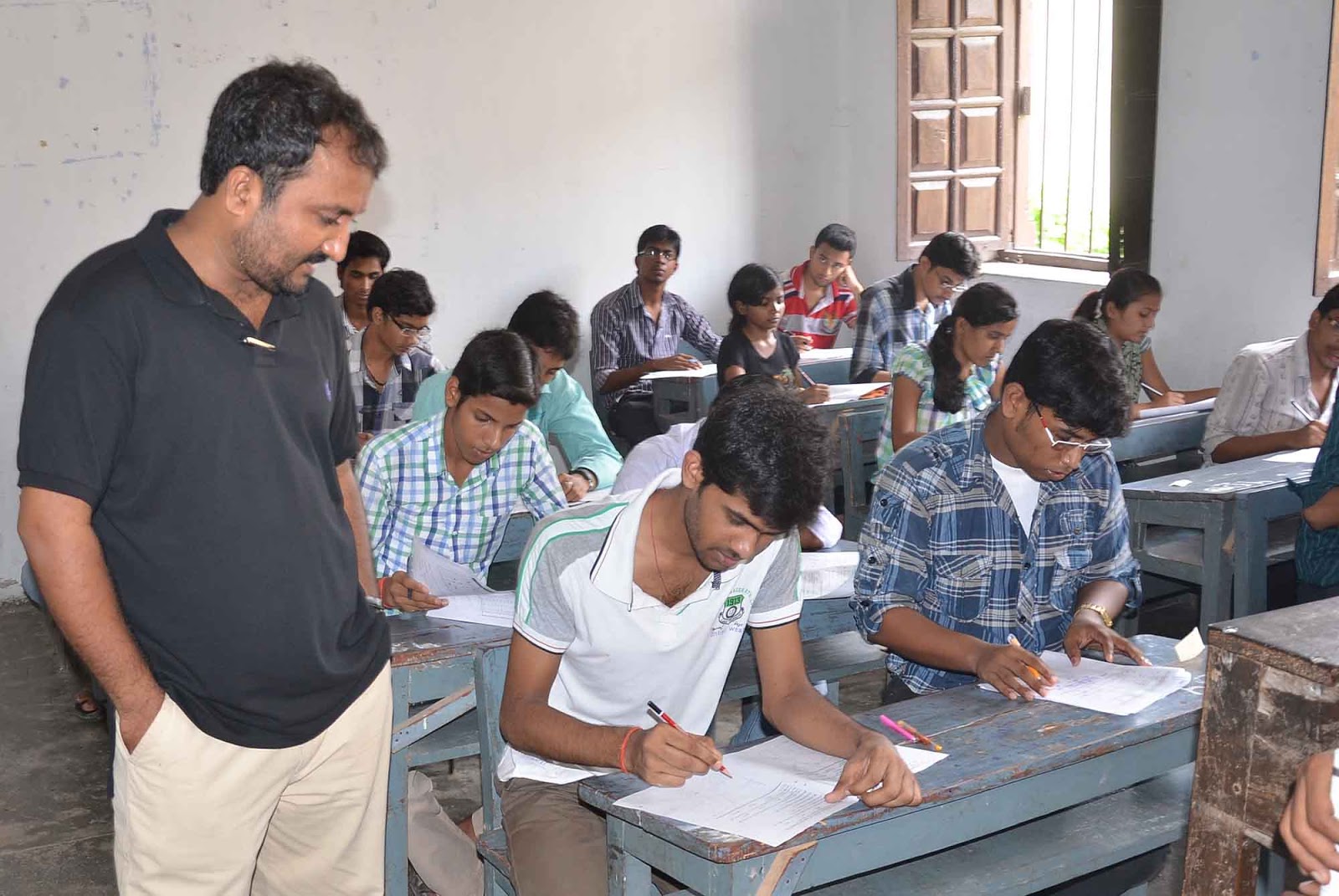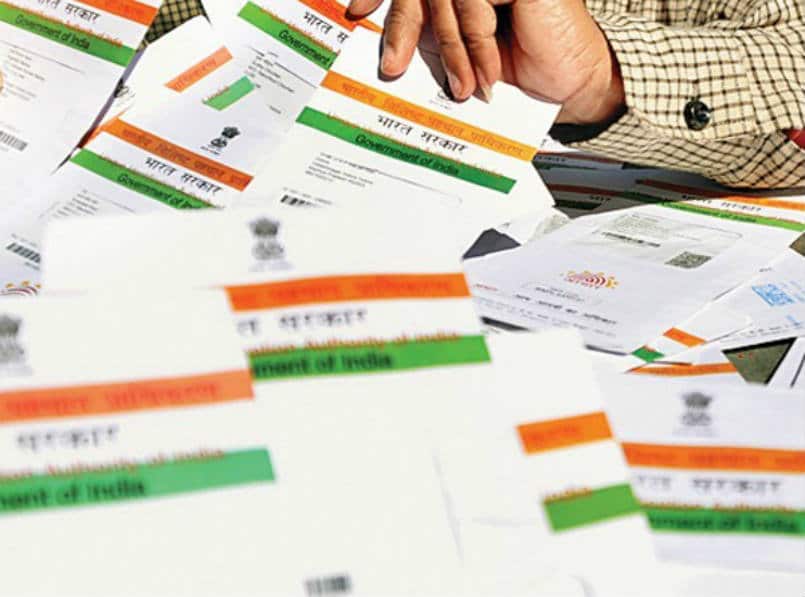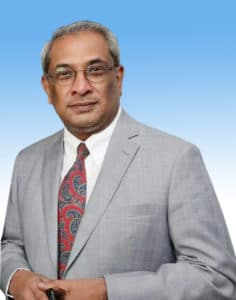British Council India in collaboration with Mumbai First is going to work in the areas of education, tourism, art and culture for the Mumbai Metropolitan Region (MMR).
The two have signed a Memorandum of Understanding (MoU) to initiate projects and conduct various activities that will positively impact the citizens of MMR region in the areas of education and culture.
Under the MoU, educational initiatives will enrich teaching skills and improve the quality of low-cost private English medium schools in MMR. To improve teaching skills and learning outcomes, training programmes on professional development and language proficiency will also be introduced.
Various primary and secondary teachers of government schools across MMR may attend these programmes face to face or digitally. The new schools will focus on developing the school leadership, 21st century core skills of learners and quality in the classrooms. The schools that meet the quality standards will be awarded jointly by both the organisations.
To promote the MMR as a preferred tourism destination, the two organisations will support the creative and cultural economy of the region under the MoU. Mix the City Mumbai is an initiative under the collaboration to spread the diverse range of music of Mumbai to a global audience. The project will feature the recordings of performances by Mumbai musicians curated online. To make the city’s people a part of the city’s rich musical heritage, installations will be placed in multiple public spaces across the city through the collaboration.
“We’re delighted that in Prime Minister Modi’s UK-India Year or Culture, we can deepen our connections with the city through a new partnership with Mumbai First. For almost 70 years we have helped put education and culture at the heart of the UK’s relationship with Mumbai. Through our collaboration with Mumbai First we will build on recent successes like Mix the City Mumbai – a digital cultural initiative showcasing the sights and sounds of the city with people all over the world – and our support to almost 10,000 teachers in municipal schools,” said British Council OBE Director India Alan Gemmell in a release.
Mumbai First Chief Executive Officer Shishir Joshi said, “This collaboration is in line with our vision to transform Mumbai / Mumbai Metropolitan Region (MMR) into a worldclass safe city, one of the best places in which to live and do business in. It will be a critical milestone in impacting the lives of people through initiatives around education, creativity and culture empowering them and making MMR a better place to live, work and play for the citizens.”








